When it comes to looking after the people you love, one of the most powerful things you can do is write a will.
For LGBTQ+ individuals, this isn’t just a legal admin task – it’s a deeply personal act of care. It’s about protecting your partner, honouring your chosen family, making sure your children are looked after and ensuring your identity is respected long after you’re gone.
Too often, the default legal systems simply don’t recognise the richness and diversity of LGBTQ+ lives. That’s why planning ahead matters more.
Why it matters
Without a will, the law decides who inherits your estate. And unfortunately, that law still doesn’t recognise many of the most important relationships in our lives – like long-term partners you’re not married to or friends who are more like family.
As one expert put it during our recent webinar:
“There’s this assumption that the law will do the right thing. But unless you’ve written a will, it won’t recognise your partner, or the people who actually matter to you.”
And this isn’t just about assets. It’s about recognition, dignity and protection. Writing a will is one of the most powerful ways to make sure your life – and your relationships – are honoured.
6 things to think about when planning your estate
1. Protecting your partner
If you’re not married or in a civil partnership, your partner won’t automatically inherit anything – no matter how long you’ve been together.
“We hear it all the time: ‘We’ve been together 20 years, surely they’re protected.’ But the law doesn’t care how long – only whether it’s on paper.”
If you want your partner to stay in the home you’ve shared or to receive your pension or savings, you need to make it clear in a legally valid will.
2. Appointing guardians for your children
If you’re raising children with a partner, it’s critical to check who has legal parental responsibility. Especially in LGBTQ+ families formed through surrogacy, IVF, or adoption, not all parents are always legally recognised.
“If you die without naming a guardian, your child’s future could be decided by a judge — not your partner, or the person you trust most.”
By naming a legal guardian in your will, you make sure your children are protected and cared for by the person you choose.
3. Minimising inheritance tax
There’s also a financial consideration. Unlike married couples or civil partners, unmarried couples do not benefit from the same inheritance tax exemptions.
“If you’re not legally partnered, your loved one could end up paying tens of thousands in tax just to keep the home you shared.”
Estate planning can help you understand these implications and structure things in a way that protects the people you care about.
4. Recognising your chosen family
Many LGBTQ+ people build families made of love, not blood – lifelong friends, mentors, exes turned co-parents or chosen families. These relationships matter deeply, but the law doesn’t see them.
“Chosen family won’t inherit anything unless you explicitly name them. If you don’t, it’ll go to your next of kin – even if they weren’t in your life.”
Writing a will gives you the power to honour those relationships.
5. Protecting your legacy
One of the most sobering points raised in our recent webinar came from a LGBTQ+ legal expert:
“The Equality Act applies to people who are living…so [in the eyes of the law] somebody can discriminate against you after you’ve died, and that’s fine.”
After death, you lose legal protections around your gender identity and personal wishes. That makes it essential to document your choices clearly – including who speaks for you, what happens at your funeral, and how you want to be remembered.
6. Keeping your will up to date
A will isn’t one-and-done. It’s something you should revisit after big life changes – like a new relationship, a breakup, moving house, becoming a parent or transitioning.
Make it a habit to check your will every couple of years. It’s a small effort that can make a big difference.
What to do next
✍️ Write a will
You can write a will with Octopus Legacy and get a 50% discount through Octopus Money. They’ll help you create your will online, get it reviewed by experts and make it legally binding.
🧾 Think beyond the will
Set up powers of attorney so the people you trust can make decisions for you if you lose capacity. This is especially important if your loved ones aren’t legally recognised family.
💬 Talk to your people
Let your partner, friends, or chosen family know your wishes. It helps avoid confusion or conflict down the line – and ensures the people you trust can step in when needed.
Planning is power
Writing a will isn’t about being morbid. It’s about taking control. It’s about making sure the people and values that matter most to you are protected.
So many LGBTQ+ lives go unseen or misunderstood by traditional legal systems. But your story doesn’t have to end that way. You can write it – clearly, lovingly, and in your own words.
And if you need help doing that, we’re here for you.
